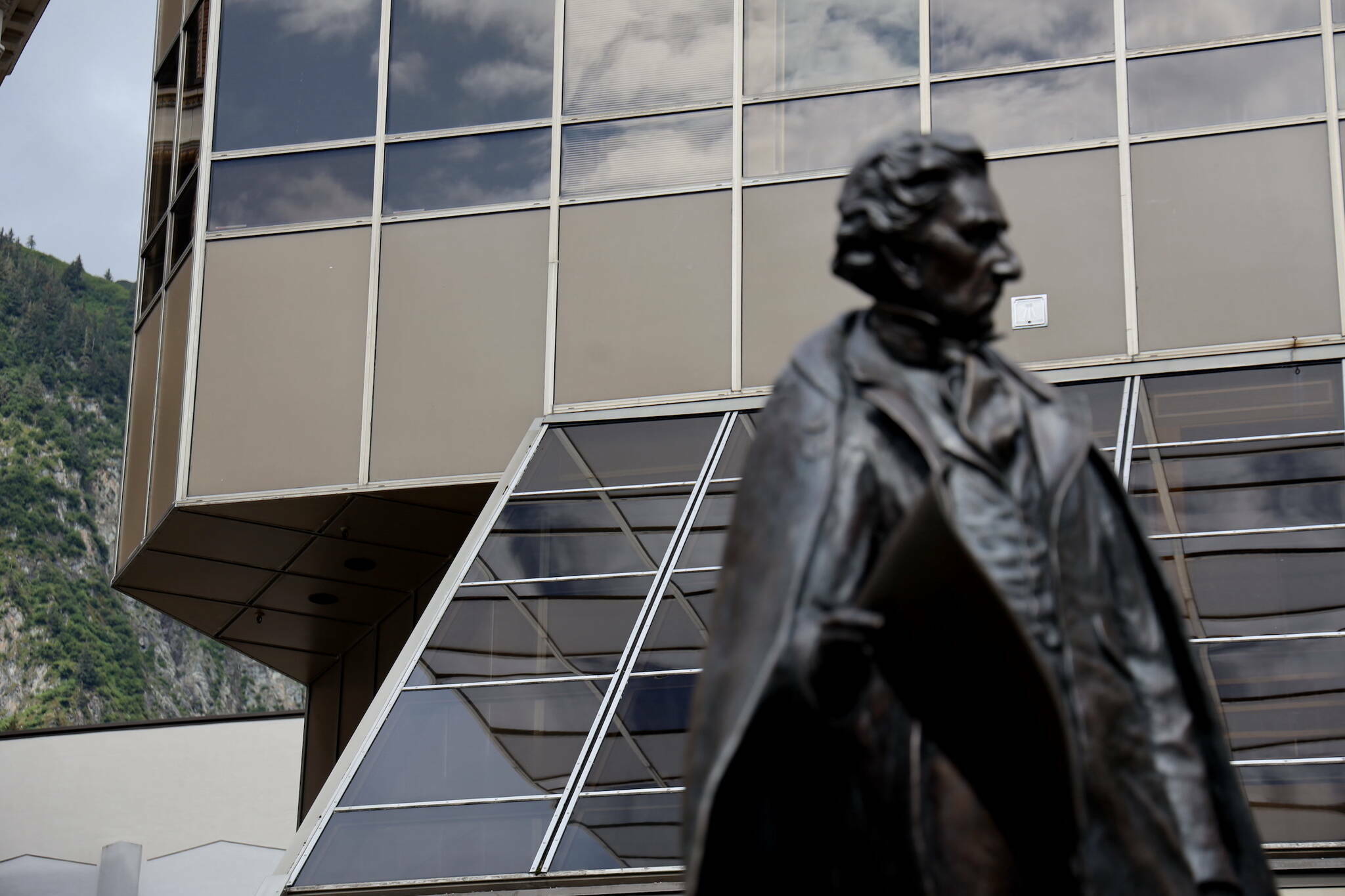This story has been updated to correct the location of the Palmer Project.
The battle over how the massive Palmer Mine project disposes of wastewater generated during the extraction of copper, zinc and other metals has made its way to Superior Court in Juneau.
Environmental groups represented by Earthjustice filed an appeal last week seeking more protective standards for wastewater discharge than those approved by a commissioner of the state Department of Environmental Conservation back in August.
Constantine Mining LLC, a subsidiary of the Canadian company American Pacific LLC, filed an appeal Oct. 17. The Palmer Project is a joint venture between Constantine and Dowa Metals & Mining Co. Ltd. of Japan.
The project covers about 6,765 acres and 63 state mineral claims that cover an area of approximately 9,200 acres, according to the Alaska Department of Natural Resources’ Division of Mining, Land and Water. Constantine also holds an upland mining lease from the Alaska Mental Health Trust Authority of about 92,000 acres of land, which surround their federal and state claims.
The respective appeals are to the 18-page DEC ruling by Commissioner Jason Brune, which came with the issuance of wastewater management permit for exploratory drilling. It stated that DEC must follow its internal environmental standards, provide greater transparency of its work, and include public input as part of the process, and that it hadn’t done so the first time.
Specifically, it allowed a land application discharge system, but prohibited them from discharging to it until DEC followed published Natural Conditions Guidance.
Constantine’s appeal argues the DEC approval had no fundamental flaws. It states that the commissioner erred in ruling the department failed to comply with rules and guidance around natural conditions, according to the Oct. 17 appeal, filed by Juneau attorney James F. Clark.
The ruling also erred in determining that the “state water standards were not properly addressed,” according to the Constantine appeal.
Clark could not be reached for additional comment by deadline.
Earthjustice, which filed the appeal on behalf of Lynn Canal Conservation,
Rivers Without Borders, and the Southeast Alaska Conservation Council (SEACC), “challenges disappointing aspects of a mixed decision.”
“We are pushing for the state to require the company to get a discharge permit under the Clean Water Act, required by federal law and state law,” said Earthjustice lawyer Erin Colón.
She said she was surprised that Constantine appealed the split ruling. “I didn’t think they would. They are arguing that the division did not have to comply with those regulations?” Colón said. “I don’t think it’s a good look.”
Aaron Brakel, inside passage waters program manager with SEACC, took aim at the department for not doing more to protect the state from the start. “Public notice and comment is a protected right and produces a more responsive and informed decision,” something DEC failed to do with the first approval process.
“DEC is failing to respect their responsibility to the Alaskan public and making decisions that favor a Canadian mining company and its Japanese partner,” he said.
Separately, Chilkat Indian Village (Klukwan), which had joined with environmental groups challenging the permits to begin with, issued a statement that it plans to defend against the portion of Constantine’s appeal that would throw out the DEC ruling that required the department to meet existing regulations.
The Palmer Project is located about 15 miles west by road of the Tlingit village of Klukwan and 35 miles northwest of Haines.
• Contact Meredith Jordan at meredith.jordan@juneauempire.com or (907) 615-3190.

